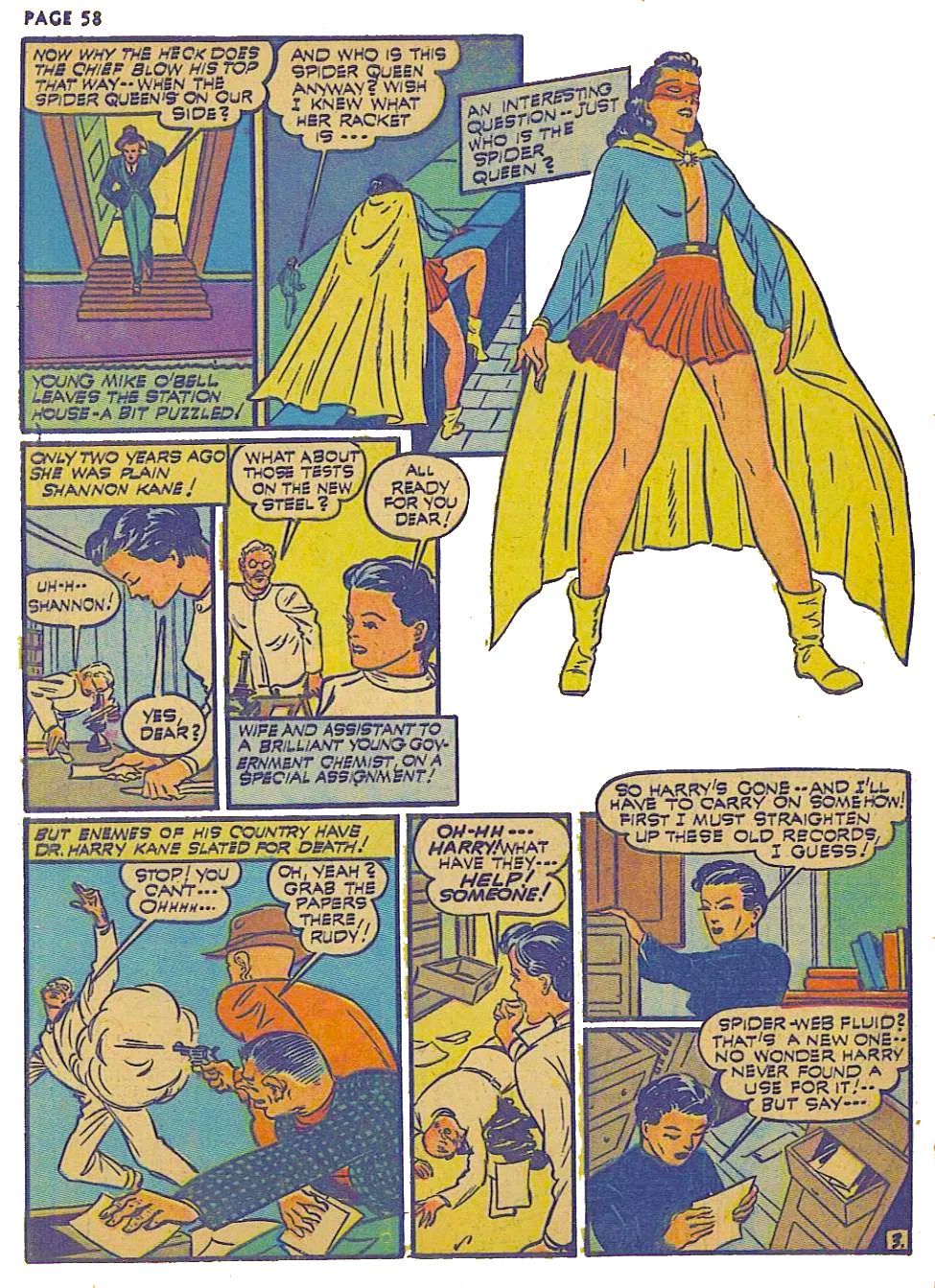We are making some minor changes to blocking and dodging in the second edition of Bulletproof Blues. For one thing, expertise in blocking or dodging gives the player a +3 bonus on those rolls (that’s how expertise will work in second edition). For another, an extreme success on a block or dodge task roll alters the order of play so that the attacker’s turn comes after the defender’s turn on following rounds.
As you know, the difficulty of blocking and dodging are both based on the rank of the attacker’s power or weapon. That seems strange to some players. Wouldn’t it make more sense to make these rolls against the attacker’s Accuracy or Prowess? We base these rolls on the rank of the attacker’s power for two reasons.
First, a character only chooses to block or dodge if the attack has already hit them, which means that there has already been an Accuracy or Prowess roll, and the attacker rolled well enough to hit. There is a good chance that a second roll would have a similar outcome, so we base the block and dodge rolls on the rank of the attacker’s power or weapon in order to give the defender a chance to change the odds, particularly against attackers with very high Accuracy and Prowess.
Second, the rank of a power is more than just how much damage it does. The power’s rank also reflects the character’s skill and finesse in using that power. By basing block and dodge on the rank of the power, we take into account how much control the attacker has over the power in addition to how much sheer force they are using.


